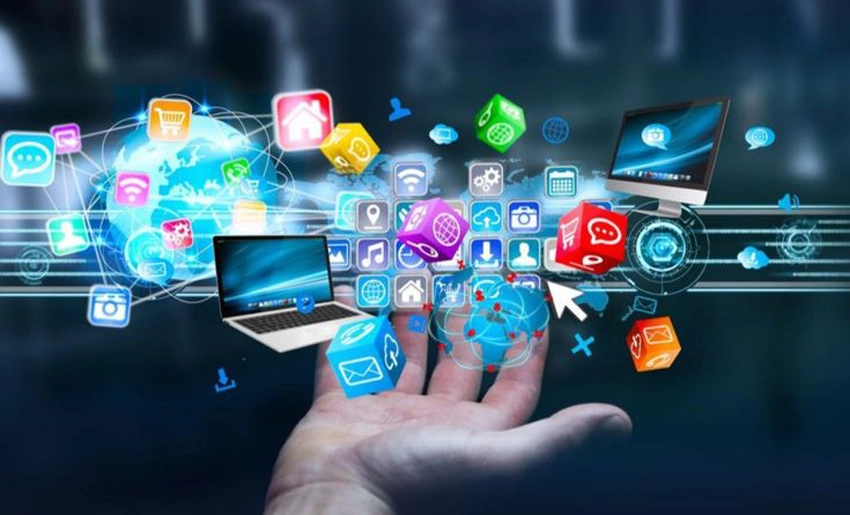Information flows at the speed of light and technology permeates all aspects of our lives. The digital divide stands as an invisible wall. That separates those who have access and skills to function on the Internet.
From those who are marginalized, and closing it is not only a matter of social justice. But an imperative need to build a more equitable society, prosperous and inclusive.
The digital divide manifests itself in multiple dimensions. It’s not just about having a device or internet connection on hand. Also possessing the skills needed to use technology effectively and critically. Lack of access to infrastructure, affordability, digital literacy, and trust. In technology are barriers that prevent millions of people from fully participating in the digital society.
People without digital technology are left behind in the educational, labor, economic, and social spheres. They lose opportunities for learning, employment, entrepreneurship and citizen participation.
They are limited in their ability to obtain essential information, services, and resources. In a world where more and more procedures are carried out online. The digital divide translates into a new form of social exclusion.
Who is most affected by the digital divide?
The most vulnerable groups, such as the elderly. Disabled or low-income people. Rural communities and ethnic minorities are the ones who face the greatest difficulties. In accessing technology acquiring the necessary skills.
To build a fair digital society, it is essential to implement public policies. That promote technological inclusion in a comprehensive way. Expand broadband internet coverage. Especially in rural and remote areas, ensuring affordable and affordable Access.
Another way can be free courses and workshops to teach people how to use technology safely and effectively. Create content and applications that are accessible to people with disabilities. Using assistive technologies and inclusive design.
And not least, educate people about the risks of technology. Such as online fraud and misinformation, and promote responsible and safe use of the internet.
Closing the digital divide is not only a technical task. Although an ethical and political commitment. It is an investment in the future, a commitment to equal opportunities.
The construction of a world where everyone can fully participate in the digital age. If we want a fairer, more prosperous and inclusive society. We must prioritise technological inclusion and ensure that no one is left behind.
By: Indira Vania López Samé / Translated by Radio Angulo
- Installation of Photovoltaic Systems in Rural Communities in Holguin - 19 de January de 2026
- 39th City Salon Opens in Holguin - 19 de January de 2026
- Habanos Festival Among Cuba’s Most Important Tourism Events - 19 de January de 2026

